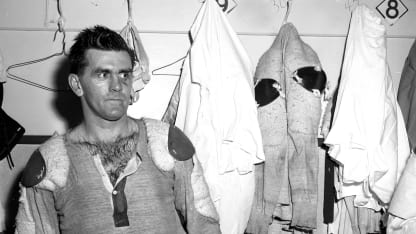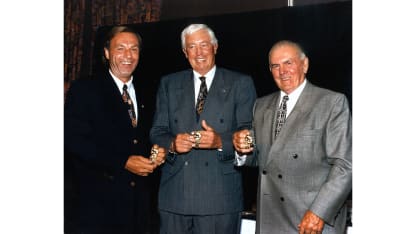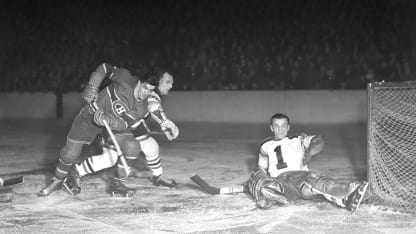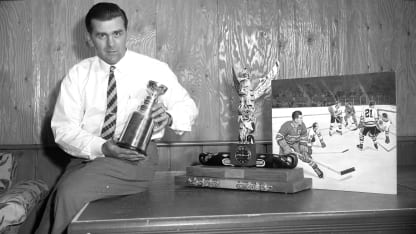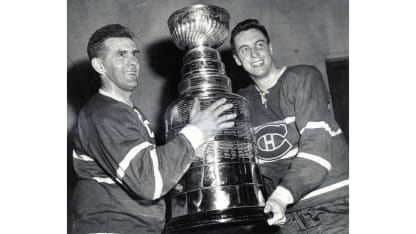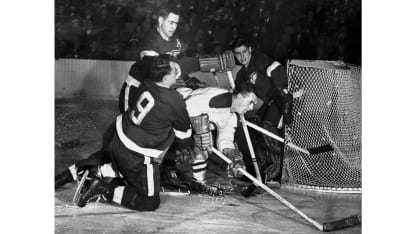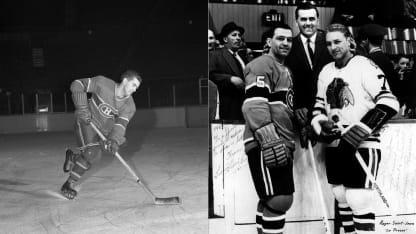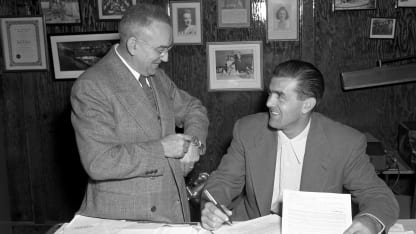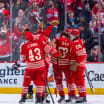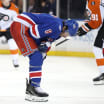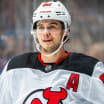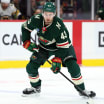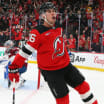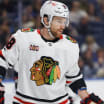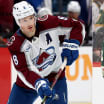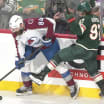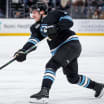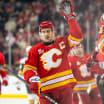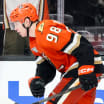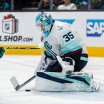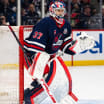From left, Canadiens legends Guy Lafleur, Jean Beliveau and Maurice Richard.
Guy Lafleur, five-time Stanley Cup champion, along with Richard and Jean Beliveau considered the Canadiens' trinity of greatness:
"To me, Rocket was an icon. He was something very, very special. As a kid, I never thought I'd have the chance to have lunch with him or spend time traveling with him. He was the type of guy who would do anything to win. He was very intense and didn't accept less than 100 percent from anyone. When he later refereed alumni games, sometimes he'd give [heck] to guys who weren't putting on a good show. And he was right. People were paying to see the guys even if it was a fundraiser. He'd say, 'You show up, you want to play, but do your best. People come here to see your best, not half of your best.'
"The Rocket was a straight shooter. When he had something to tell you, he didn't beat around the bush. He'd sometimes come out very rough but that's the way he was. He was a very special man, even if it was a little tough to get close to him to get to know him. He either liked you or he didn't. He was black and white, there was no gray.
"From the Rocket, and from Jean [Beliveau], I learned that you can't refuse anything from your fans. 'Anything' is a big word, but it means taking the time to talk, take pictures, sign autographs. The Rocket and Jean always told me, 'The fans are the ones who are putting food on your table. Be respectful and try to never say no.' I learned that from them both. It's the best gift they ever gave me."
